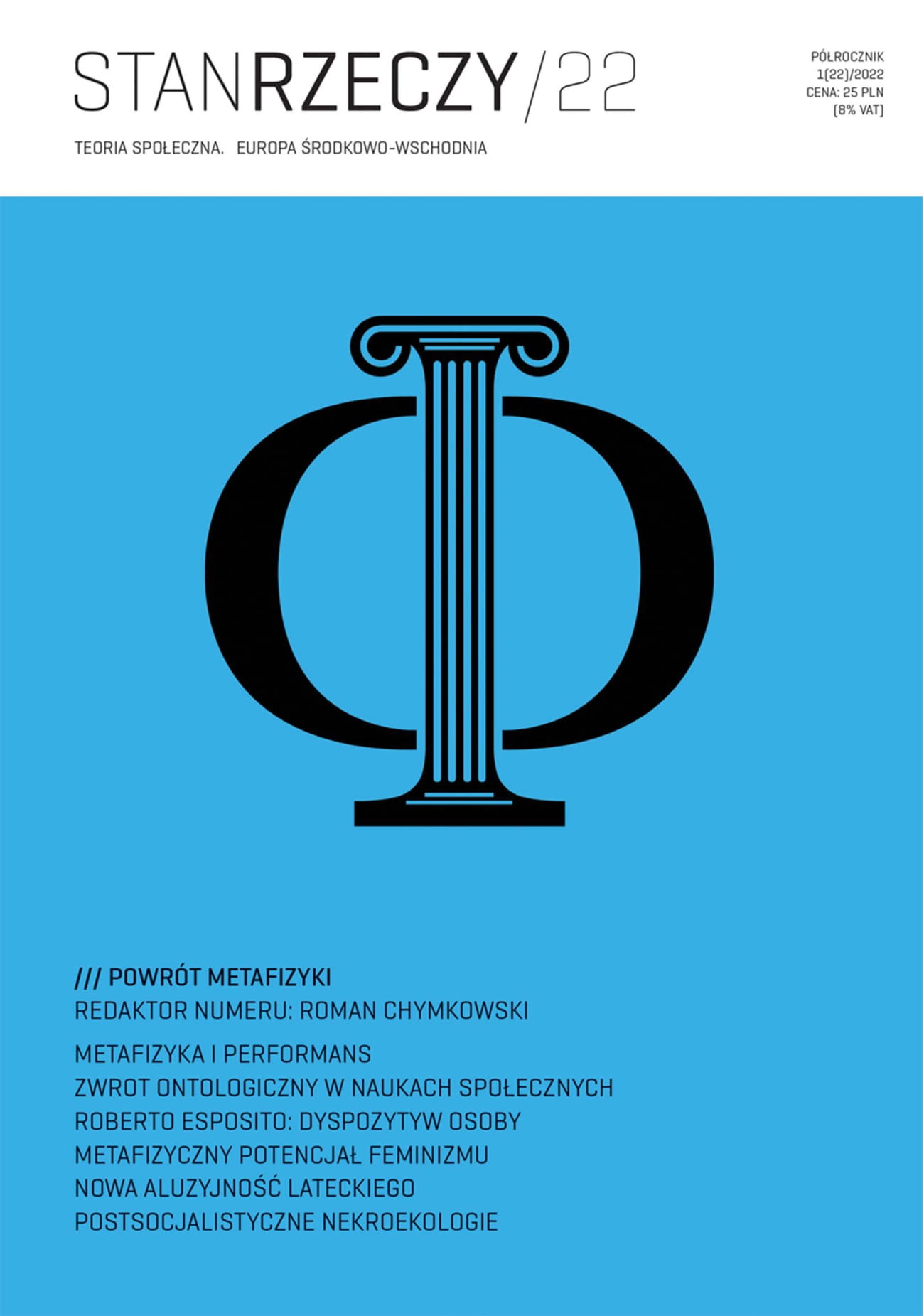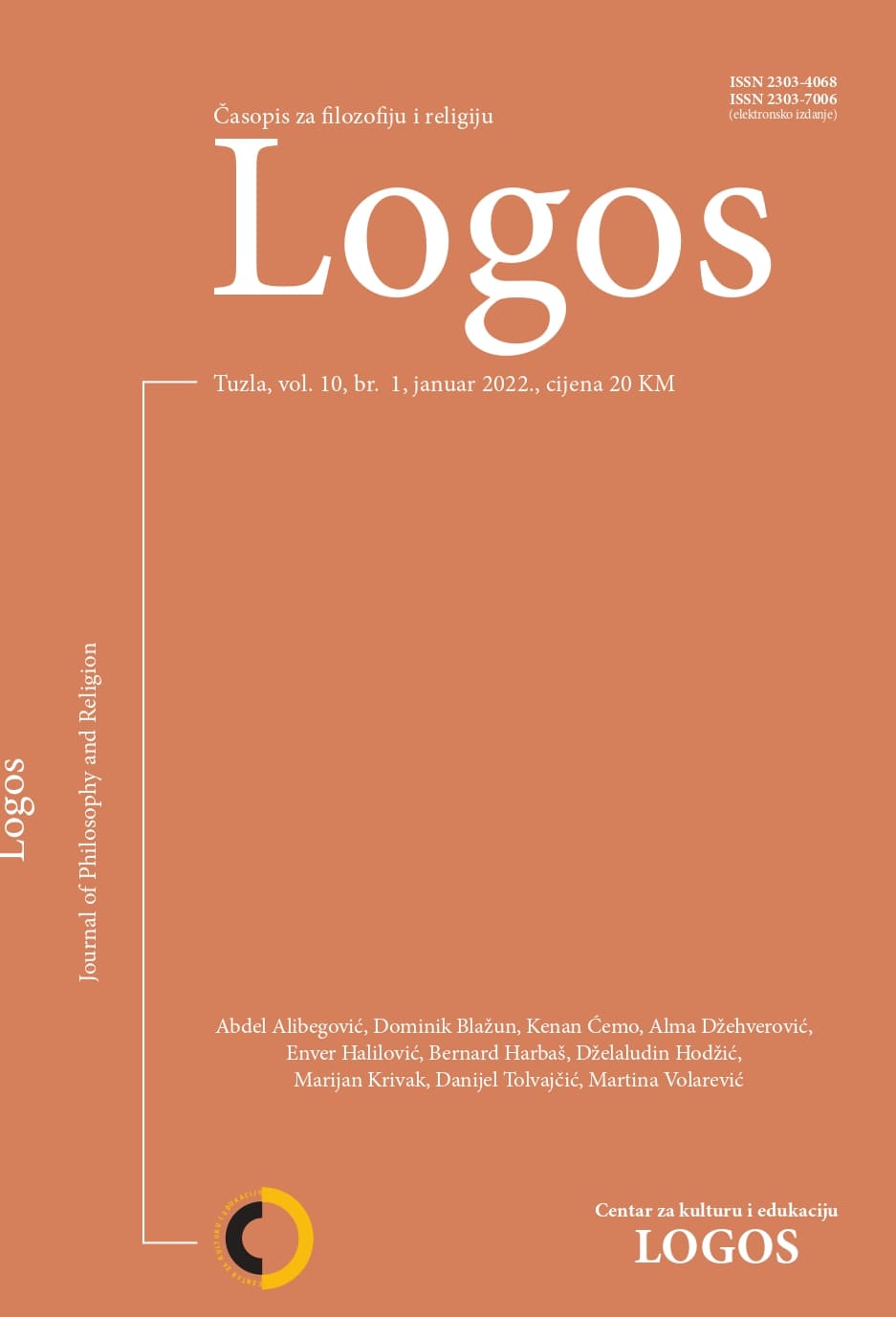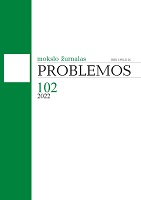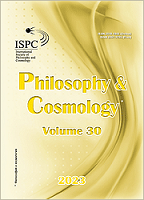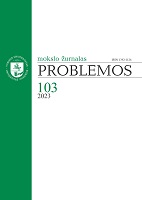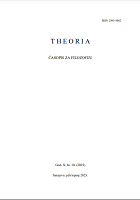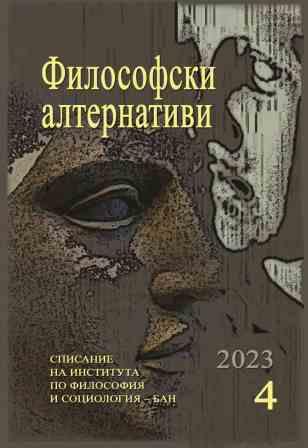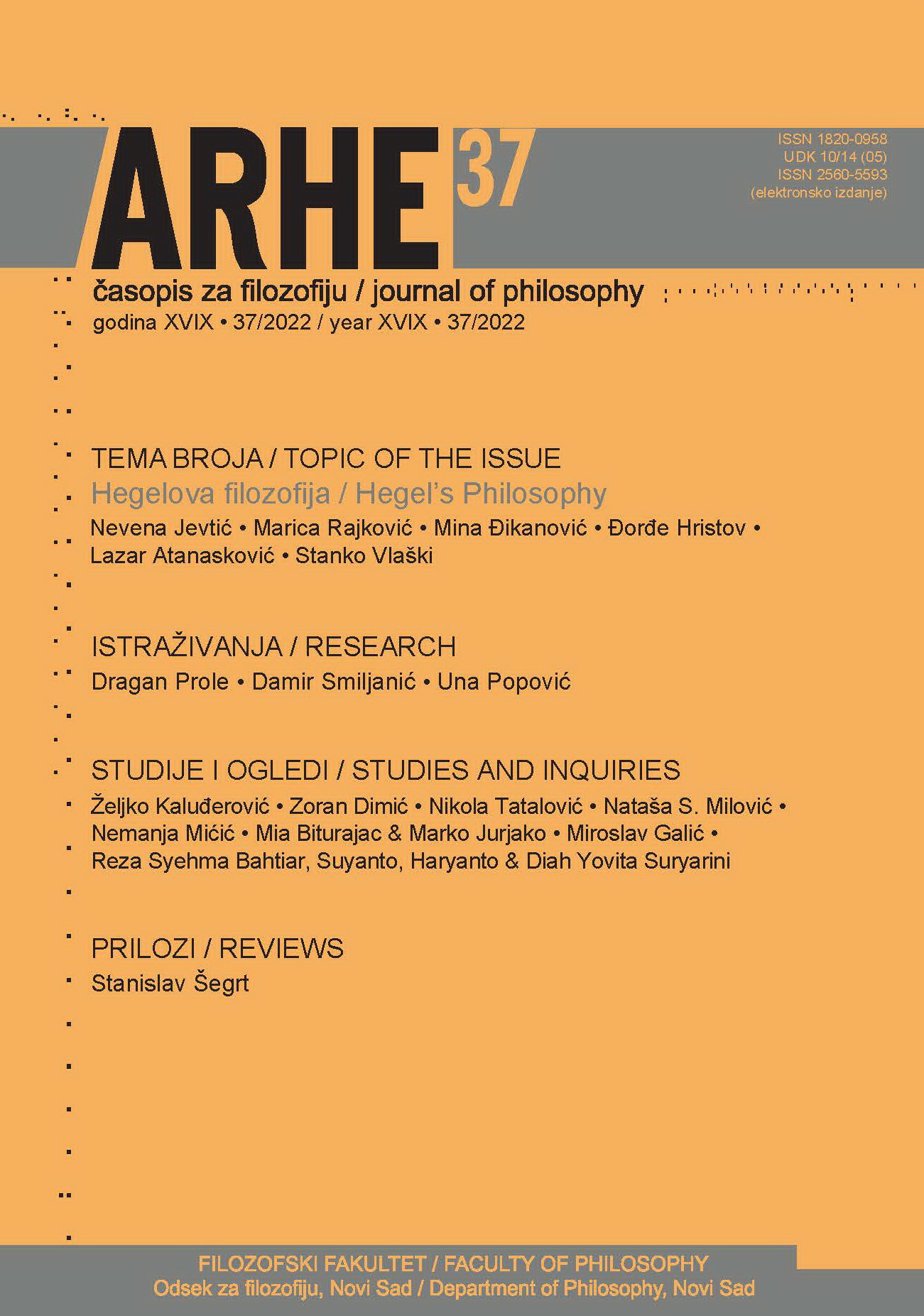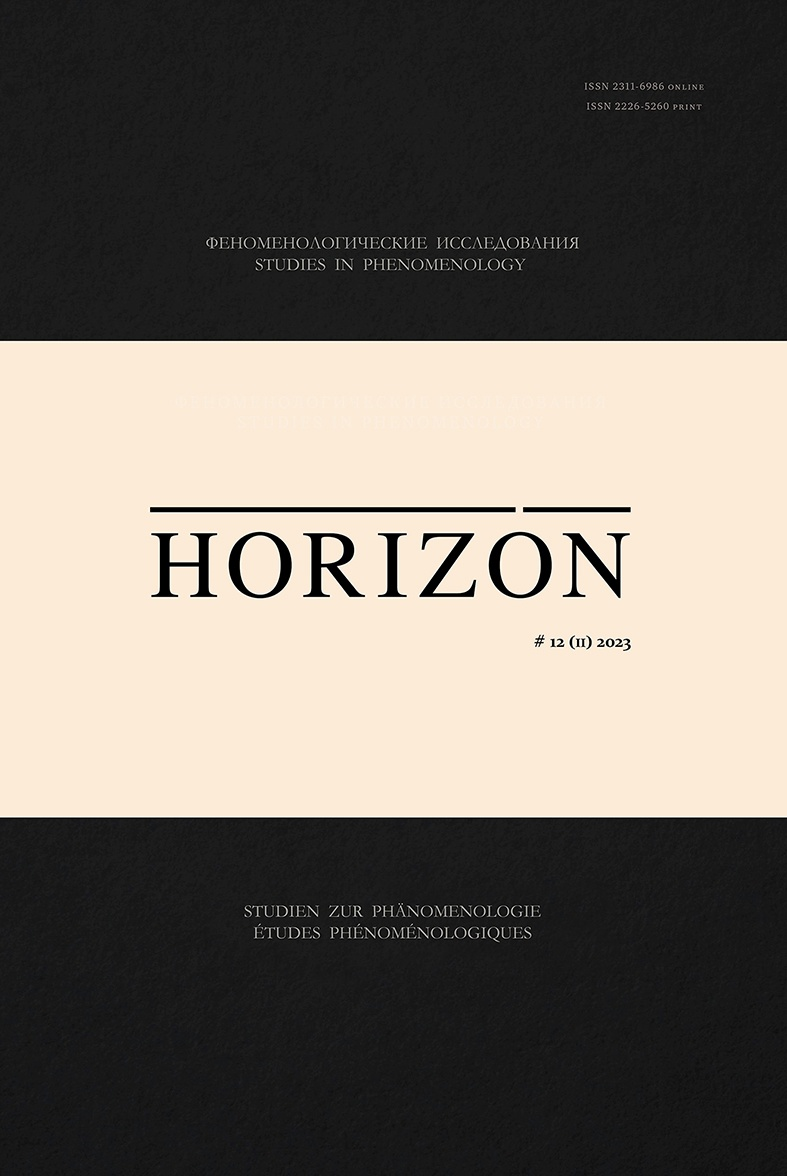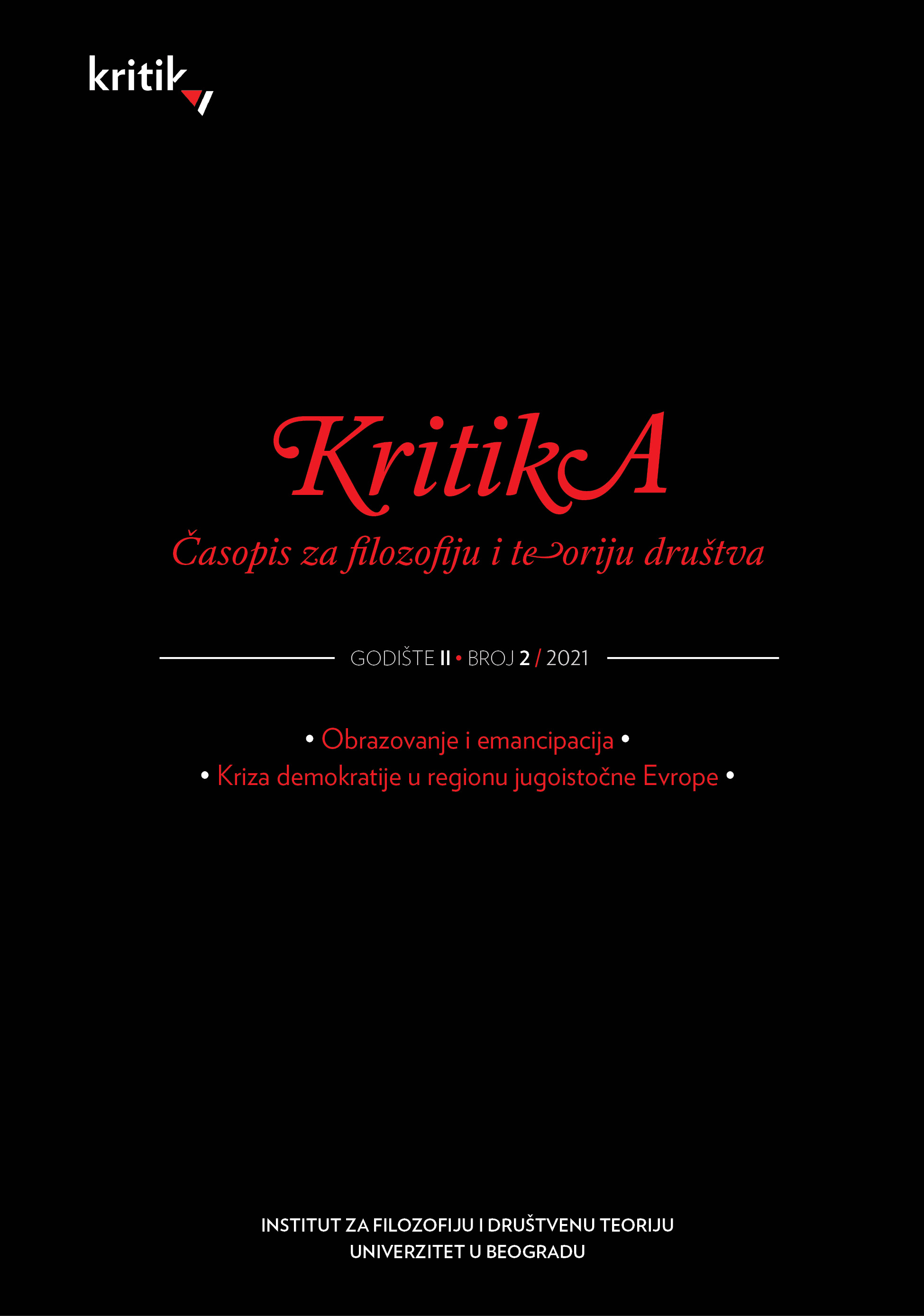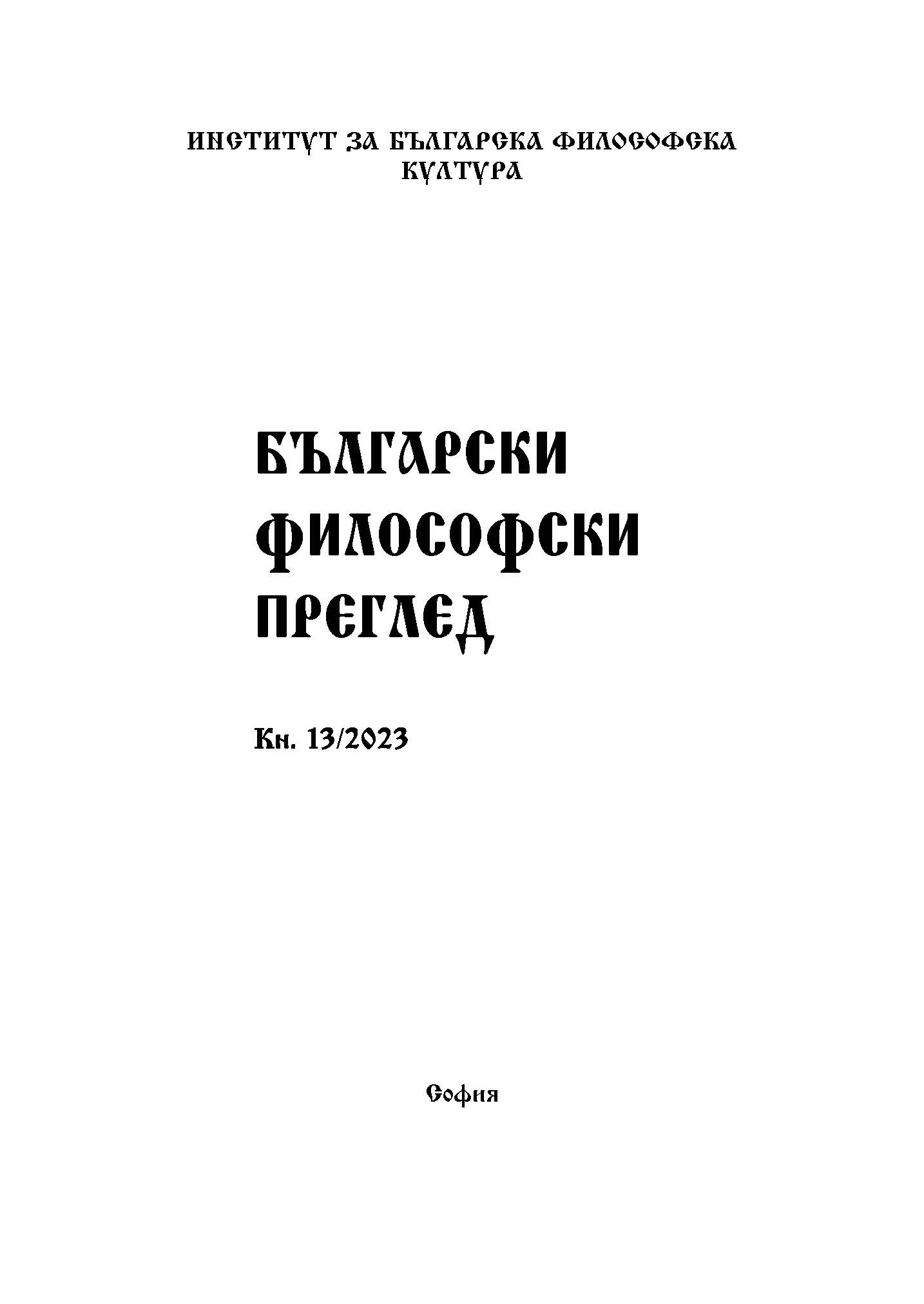
Looking at Cinema through the Perspective of Kant’s Ethics
It is rather true that during this postmodern pandemic time, philosophy tends to be considered as counterproductive and is unfortunately not suggested to enter into a tangible link with reality. This is why the search for alternative propagation of philosophical principles is a modern proposal; during this time of total crisis of any moral system, it is imperative that the average citizen as a philosophical agent becomes acquainted with the kantian moral principles. The importance of this case is underlined by the imperative view of philosophy in the overall context of the social sciences, in order to successfully integrate the traditional into the current post-modern philosophical perspective. On the other hand, the possibility of enrolling ethical philosophy in art is explored as a means of its dissemination and evolution. In particular, when the kind of art is the cinema and the terms of ethics are described through traditional philosophical references, it is not certain whether the classical philosophical conception of ethics can be reconciled with the advanced form of art, that is, whether philosophy can be written in the field of art in the form of a means of “here and now” direct mass communication. And when the framework of moral philosophy is selectively limited to kantian moral philosophy, the required reduction reaches the limit of transcendence: is modern art in the form of cinema able to serve the principles of philosophy of one of the greatest -in objective terms- thinkers of all times, Immmanuel Kant? Using a variety of cinematic examples, in order to ensure the objectivity and timelessness of the possible philosophical effect, a practical description of the categorical imperative will be delivered, bringing the viewer in contact with the Kantian theoretical point of view.
More...
